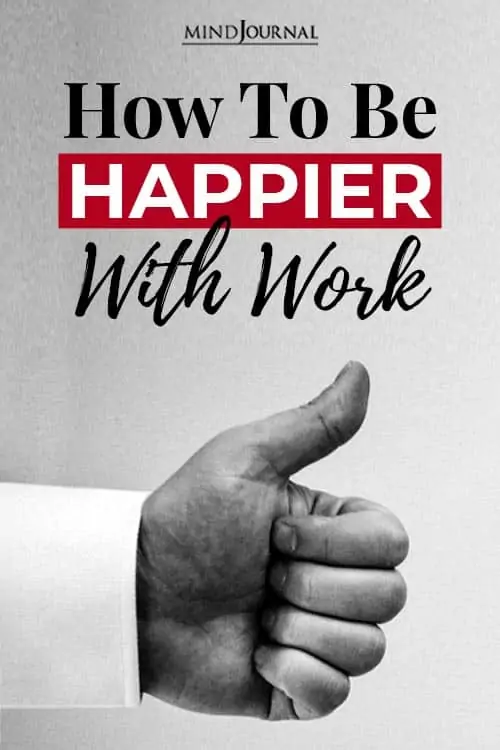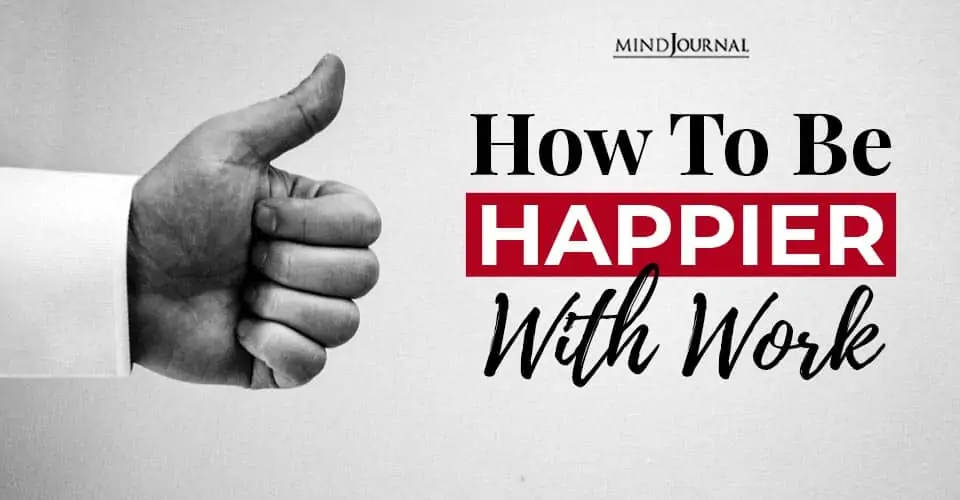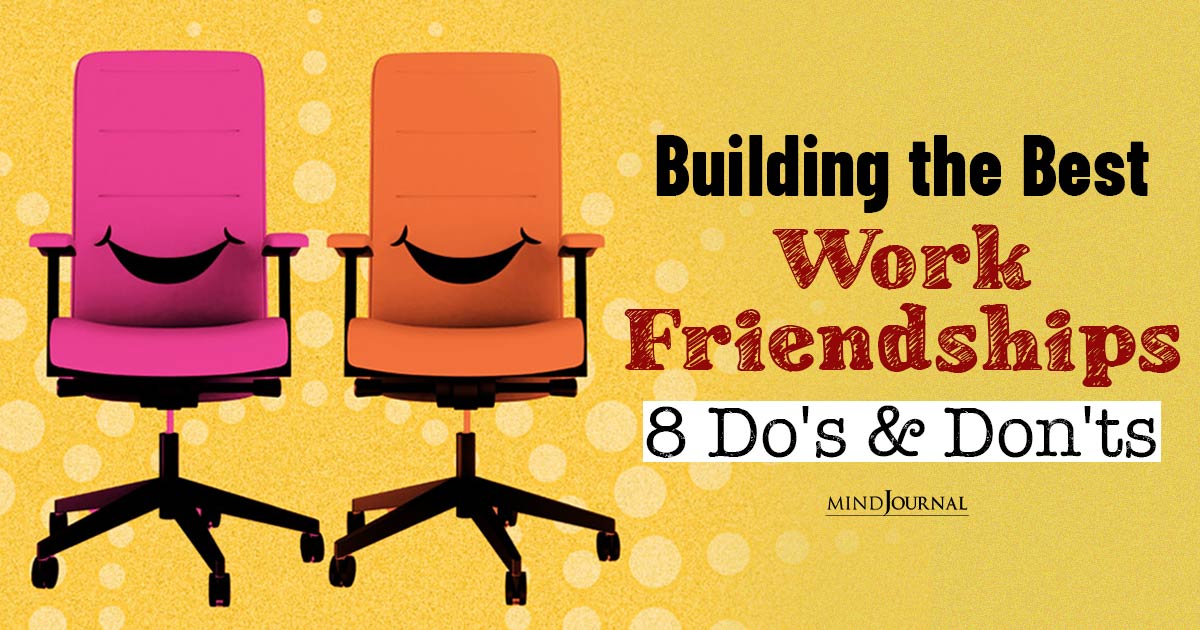Work should be a place where people are able to find their passion. That is, they can feel challenged, develop their skills, achieve career goals, and along the way have a sense of camaraderie. Are you unhappy and thinking about how to be happier with work?
In reality, a third of people are extremely stressed or burnt out,1 the vast majority of people are unhappy with their jobs,2 and a third are actively looking for a new job at any given point.3

For many, alternative job options aren’t available or people stay in their job because there are some aspects they enjoy but not others. When people stay it can make them unhappy or at worse, burnt out. So,
What can you do to feel happier in the job you are in?
First, you need to understand your own unique demands of your role.
Then, you need to understand what resources are available to you.
For example, resources can be the decision-making capability you have, tools, technology, supervisor support, coworker support, flexible working arrangements, etc.
Then determine
(a) if you are utilizing your resources
(b) if you are utilizing them to their fullest, and
(c) if you are utilizing them effectively.
Next, determine where you can make changes on your own.
Read 5 Ways To Reduce Burnout At Work and Live Your Best Life
How can you adjust your demands or utilize resources better?
Your ultimate goal should be to meet your needs.
That is, you want to feel like you are
(a) capable, or even mastering, components of your job;
(b) feel that you have a say in how the work is done and/or that your opinion is considered, and;
(c) feel you have support from those around you when needed.
If changes are large and you may need to change your job scope and that will require going to your leader or HR partner to collaboratively discuss how to adjust your role.
However, many changes will be small things that you can adjust on your own. Specifically, you are likely to adjust aspects of your role such as the tasks you are doing, the relationships you have at work, and/or the mindset you have surrounding work.4
Read Buddhism Reveals The Ultimate Mindset To Achieve Your Goals
How can you adjust to be happier with work?
Adjusting your tasks, relationships, and mindset to be more satisfied at work.
Tasks
Ask yourself, what tasks do you enjoy? Rank your tasks from most to least liked. These are not necessarily the same things that you are good at, but they can be. Then, ask yourself “how can I do more of these enjoyable tasks?” This might mean you let go of other tasks by delegating, automating, redesigning them out, etc.
If you are unable to remove/delegate or adapt the tasks, try to change when you do them. Perhaps you save your enjoyable tasks for when you need a ‘pick me up’ to get out of stress. For example, if by Friday you are usually worn out, schedule Friday afternoons each week to do the enjoyable work.
Read 5 Ways To Create More Positive Workplace Changes
Relationships
Good work relationships are vital in helping you better achieve tasks and to help you solve future problems. If you are facing conflict with someone, take the time to mend that relationship.
It’s also important to build new or closer working relationships. Seek out people in different departments that are interconnected to the work you do. Get a better understanding of their work and teach them about your work. This will help build mutual understanding and allow you to collaboratively determine how to make workflow go smoother.
Additionally, making genuine friendships will help you get excited about going to work. Find people who have similar interests or with people that you think you will get along with so you have people to vent to when stressed.
Mindset
Lastly, sometimes we place undue pressures on ourselves that make us unhappy. Perhaps these are unrealistic expectations, a fear of failure, and/or avoiding change. Changing our mindset is difficult yet rewarding.
For instance, are you a perfectionist who proofreads something three times before sending it? Maybe once or twice is enough. Or perhaps you feel a need to respond to emails immediately.
Read 4 Ways You Can Give Up The Worst-Case Scenario Mindset for Good
Recognizing that, generally, if something is urgent people will call you, so an email doesn’t need an immediate reply, will free up the anxiety of constantly staying connected.
Alternatively, maybe the required mindset shift is something bigger. Perhaps you need to shift your whole conceptualization of your work. For example, maybe you feel your job is mundane because all you do is input numbers into a system.
Read Are You A Workaholic? How To Tell And What To Do About It
However, inputting information accurately and speedily may actually be about creating a positive customer experience who are the true lifeblood of the company. This shifts the task to be something bigger and way more fulfilling than data entry.
Overall, to help you find more happiness at work determine what makes you happy and tweak your job as much as is within your control. Finally, remember that work and home spill over into one another (especially these days). So you can apply these same techniques at home to ease up your workday or vice versa.
Are you ready to adjust your tasks, relationships, and mindset to be happier with work?
References
1) NIOSH, n.d.
2) Gallup, 2006; 2015; Towers Perrin, 2008
3) Harris Poll, 2014
Written by: Lauren Florko, Ph.D For more information contact Lauren Florko at http://www.triplethreatconsulting.ca/ Originally appeared on Psychology Today Republished with permission.









Leave a Reply
You must be logged in to post a comment.